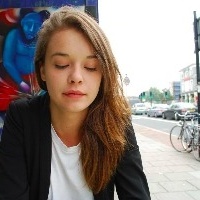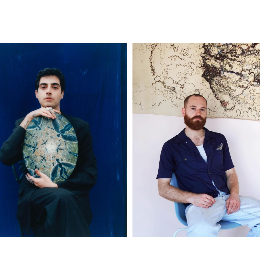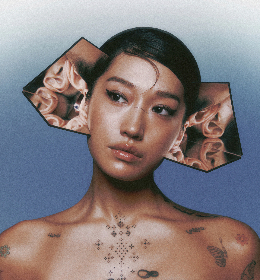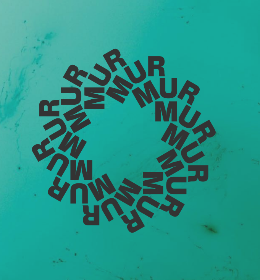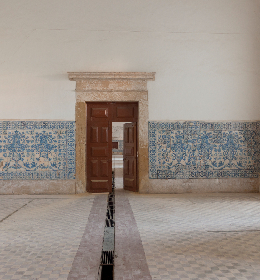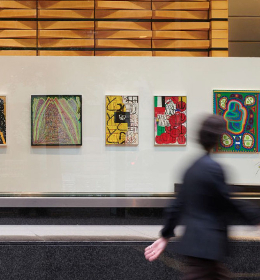The news comes as fair such as FIAC or ARCO have started giving performance a place of prominence within their program, something that museums have, of course, been doing for years now.
In just three years, Block Universe — running May 29 through June 4 — has become London’s leading festival dedicated to performance art at the cross-section of contemporary visual art, dance and music, garnering support from institutions such as Arts Council England, the Royal Academy of Arts, the Delfina Foundation and Pro Helvetia among many others.
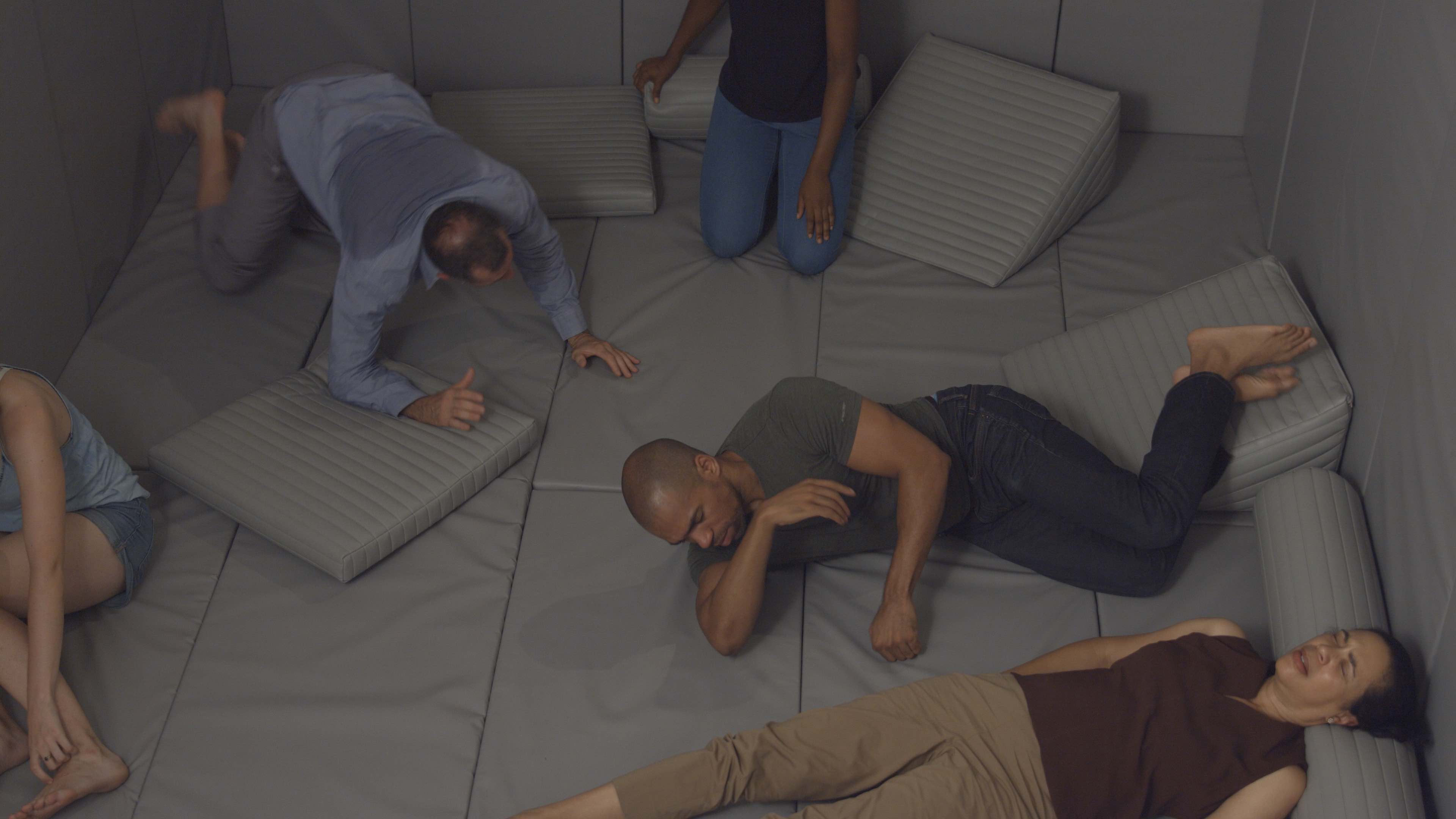
Liz Magic Laser, Primal Speech, 2016, single-channel video, video still.
Despite a “greater investment in the production of performance for museum and gallery spaces”, festival director Louise O’Kelly knows that the surge of interest in performance doesn’t mean that the struggle for artists is over: “my goal would be to ensure that [the interest in performance art] doesn’t merely become a trend, but that we effect lasting change to ensure that artists working in this way are supported and can sustain careers as artists who may or may not be involved in the art market.” And with an impressive program in its third year, Block Universe looks set to do so.
The festival’s last edition closed just a couple of weeks before June 23, 2016, the day Great Britain decided to leave the European Union. A year later, our uncertain political climate has become the necessary backdrop for Block Universe’s third edition.
Reflecting on the festival’s previous editions, which either looked to the past and the tradition of performance or to the future, with a focus on the avatar self and the construction of online identities, director O’Kelly has admitted to the necessity of having a festival that is “rooted in the present”. In doing so, Block Universe gives a platform for a generation of young artists — Young In Hong, Eglė Budvytytė, Liz Magic Laser, Stina Nyberg, lşıl Eğrikavuk, Will Rawls, Zadie Xa, Nicole Bachmann, Rory Pilgrim, Kim Coleman, Zoë Poluch, Cara Tolmie, Eglė Budvytytė and Young In Hong — whose work engages widely with the delicate notions of identity politics, inclusivity and nationhood within our ever-shifting political landscape.
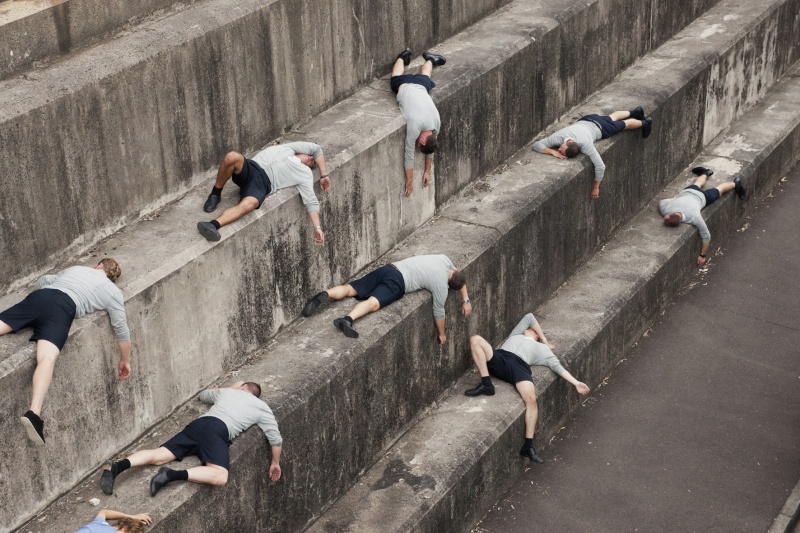
Eglė Budvytytė, Choreography for the Running Male, Biennale of Sydney, 2014. Photography Rasa Juškevičiūtė, Sebastian Kriete.
In Eglė Budvytytė’s Choreography for the Running Male a group of men with matching outfits jogs through the city in what seems like the intense recreation of a military parade interspersed with more intimate gestures, signalling the presence of a stubborn individuality behind the uniform movement of the group. The performance looks to redefine the role of the male body, also evoking the threat of nationalist agendas in its recreation of militaristic action.
The body is, indeed, the starting point of the discourse Block Universe intends to initiate. “When you work with performance, you are working with bodies, and I think that this can be inherently political. [...] When working with a theme that relates to political bodies, whether they be larger institutional structures or the politics of identity, relating to gender, race and any other number of factors, I think performance and the presence of live bodies is a particularly appropriate medium that is capable of addressing these nuances in subjectivity.”
In Stina Nyberg’s Shapes of States the body calls into questions the same institutional structures that it is subjected to and questions the process through which power has had a role in defining the ways in which we think about the body. In Liz Magic Laser’s “workshop” Political Therapy the political and the deeply personal become one as actors revisit their past experiences and traumas — specifically political traumas — according to the theories of psychotherapist Arthur Janov.
With the majority of performances being reproposed in London this week, Block Universe also inscribes itself within a more contemporary chapter of performance, whereby the idea of a “one-off” event is substituted by works favoring repetition, “from oral histories, song to choreographic works, which I think this is more representative of the interdisciplinary manner that artists are working in today” explains O’Kelly. “For us, it’s also a decision to work in a way that centralizes performance practices, bringing them in from the periphery both geographically and conceptually in order to re-educate audiences about contemporary performance practices.”
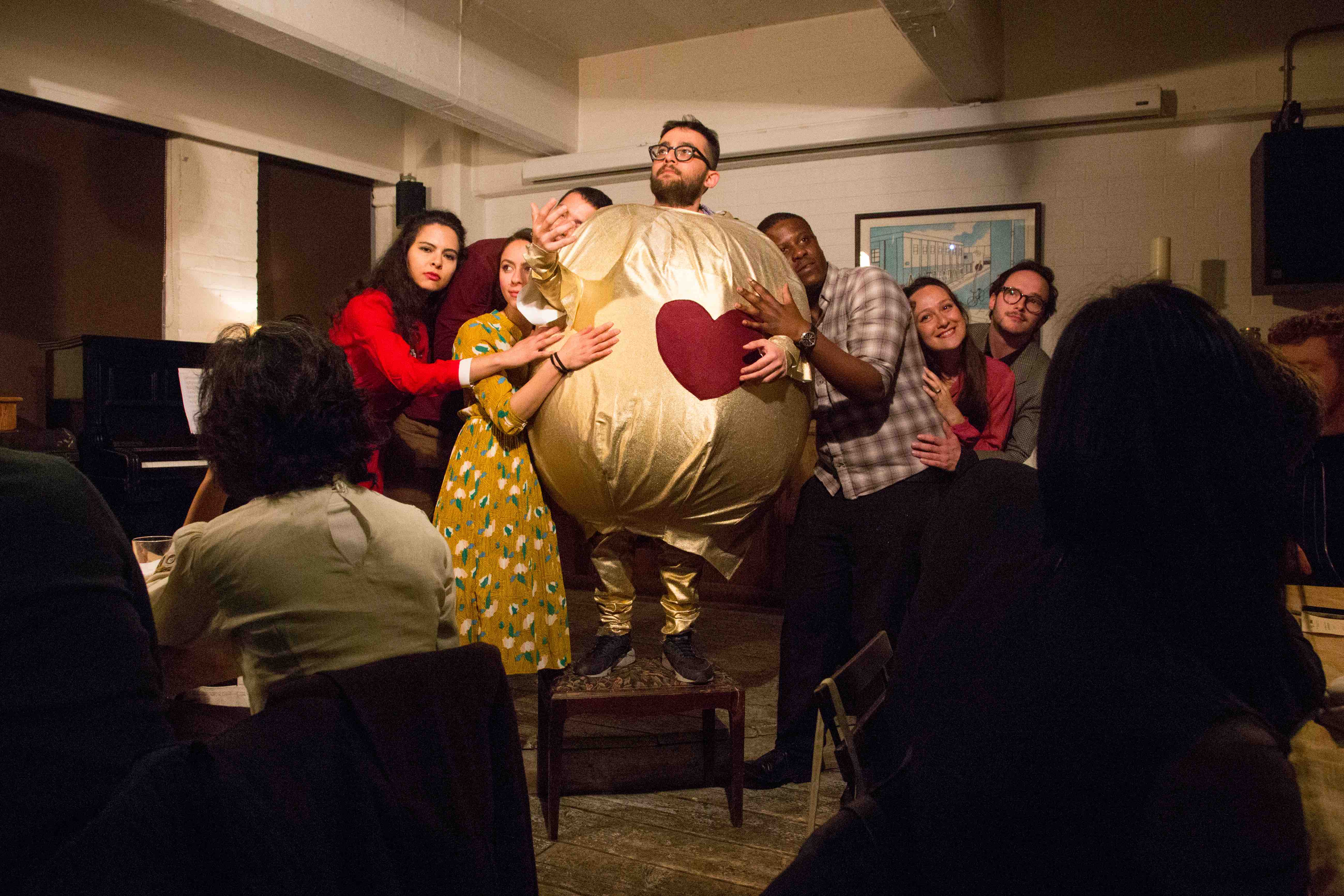
Isil Egrikavuk, Pluto's Kitchen, 2017. © Martina O'Shea, courtesy of Block Universe and Open Space Contemporary



